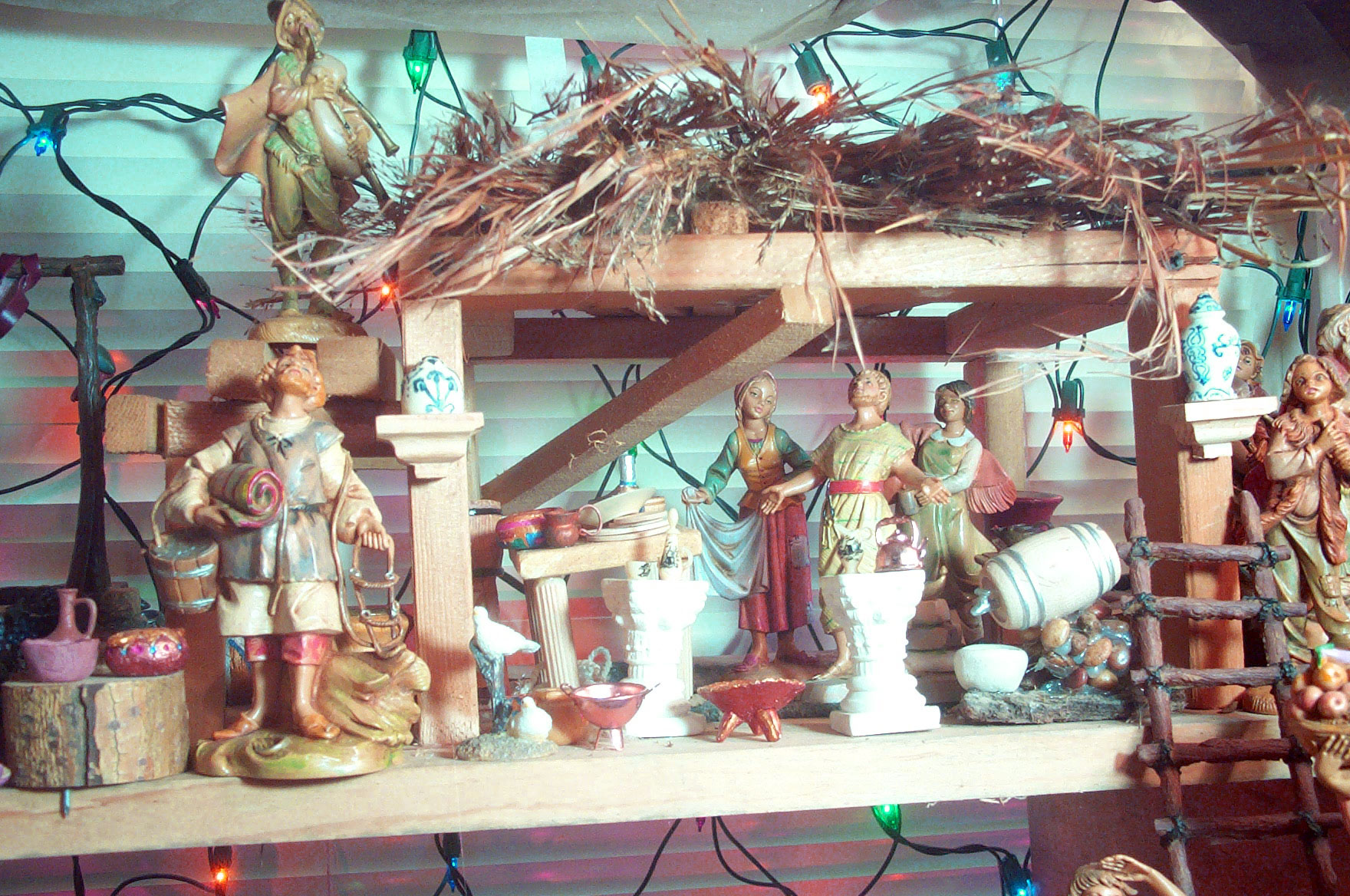|
In the modern sense, inns were unknown in the Middle East. The khans or caravanserais, which correspond to the European inn, are not alluded to in the Old Testament. The "inn" mentioned in Exodus 4:24 was just the halting-place of the caravan. In later times khans were erected for the accommodation of travellers.
In Luke 2:7, the word translated "inn" indicates a place for loosing the animals from their burdens. It is translated "guest-chamber" in Mark 14:14 and Luke 22:11. In Luke 10:34, the word translated "inn" is different. That inn had an "inn-keeper," who attended to the wants of travellers.
Did Joseph or Mary talk to any innkeepers? Perhaps, but there is no solid, biblical reason to believe that they did. Although innkeepers play a prominent part in many Christmas plays, no innkeeper is actually mentioned in the biblical record of Christ's birth. Furthermore, it is likely that Mary and Joseph actually stayed in a house with relatives, not behind some kind of Bible-times hotel.
Was Jesus born in a stable? Or a barn? Or a cave? The Bible does not mention any of these three places in connection with Christ's birth, only a manger. Scripture simply reports that they laid Jesus in a manger because there was no room for him in the guest room. The Greek word used in Scripture is kataluma, and can mean guest chamber, lodging place or inn. The only other time this word was used in the New Testament, it means a furnished, large, upper story room within a private house. It is translated guest chamber, not inn (Mark 14:14-15). According to our Bible archaeology experts, Jesus was probably born in the house of relatives, but outside (under) the normal living and guest quarters.
The Gospel of Mark, which was probably the first one written, does not mention the birth in Bethlehem and repeatedly identifies Jesus as the ''Nazarene.'' Some scholars, believing the actual birthplace to be in Nazareth, suspect that later Gospels drew on legends placing it in Bethlehem, David's home town, because that corresponded with an Old Testament prophecy of the Messiah.
The Bethlehem stories are only in Matthew and Luke, and they're not consistent with each other. In Matthew's Gospel, Bethlehem is apparently the first home of Joseph and Mary, and Jesus is born in their "house" (Matthew 2:11). Only later does the family move to Nazareth.
IN Luke's Gospel, the source of the popular Nativity story, Mary and Joseph are already in Nazareth when she becomes pregnant, and they travel back to Joseph's ancestral town to register for a Roman census. But if their primary home had been in Nazareth, they wouldn't have been expected to go anywhere else for the census, as the British theologian John Bowker notes in "The Complete Bible Handbook." |



